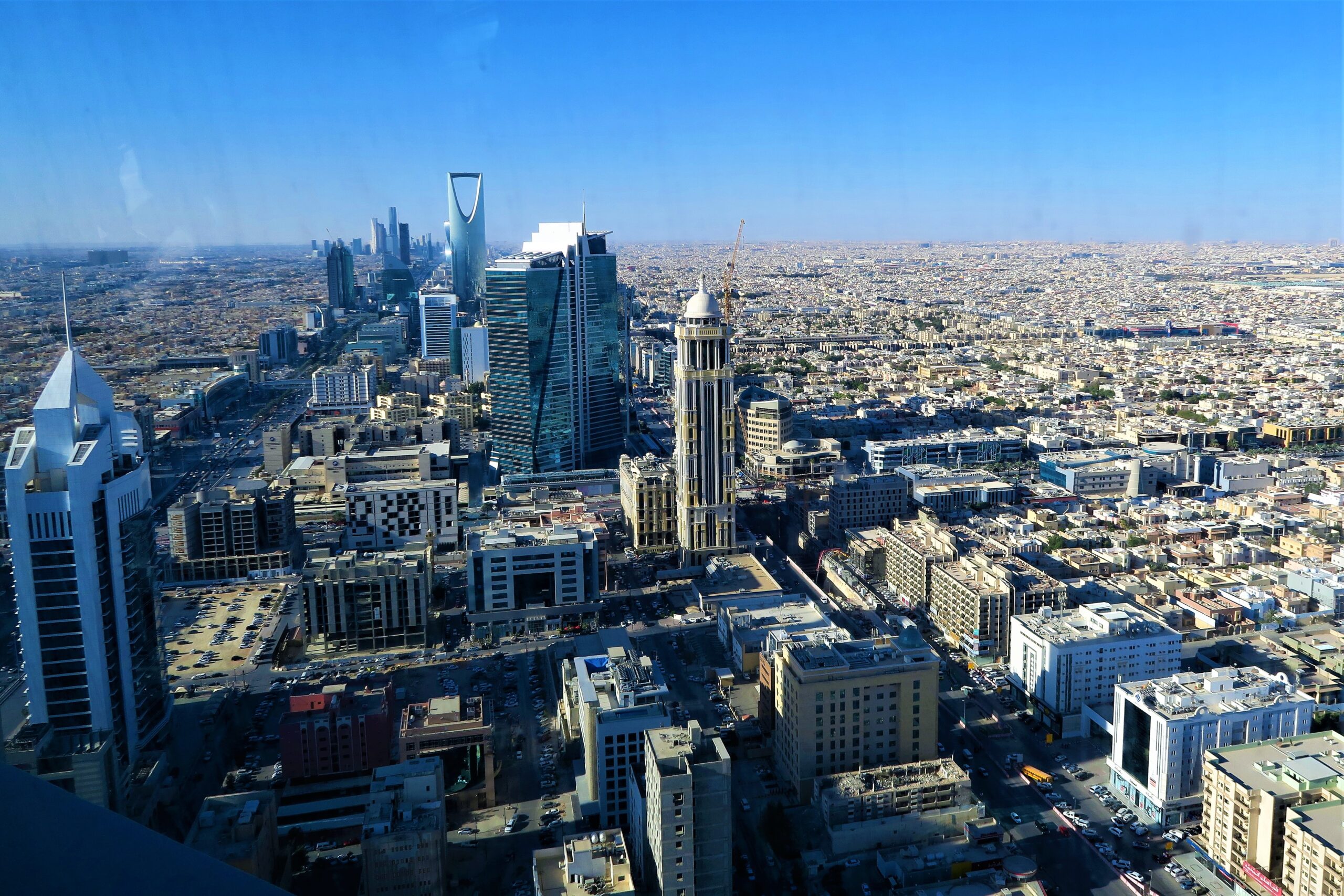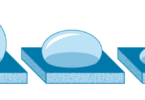Digital transformation can be defined as the optimization of company processes via new technologies (Big Data, IoT, etc.) to improve operations and the user experience.
In water utilities, this involves the use of advanced technological systems to monitor and control processes throughout the entire water cycle, from water collection to its discharge back into the environment.
Although different methods and technologies were developed several years ago, their implementation has been slow, due to different organizational priorities. However, the pandemic, alongside the new challenges facing the water sector (climate change, NRW management and complex processes), have underscored the fact that digital solutions are no longer a nice-to-have, but a must-have for water utilities around the world.
The last two years have been a turning point in water management, with new technologies being adopted to increase efficiency, reduce operating costs, anticipate unexpected events, streamline limited resources and efficiently manage fieldwork.
In the Middle East, high water stress is pushing utilities to implement digital transformation. In this region, the lack of natural water sources and extreme dry weather has led government agencies and local authorities to promote national program frameworks that include strategies, guidelines, policies, regulations, and practices to maximize efficiency in water management.
In this context, the Kingdom of Saudi Arabia (KSA) has set the ambitious goal of using 100% of treated wastewater by 2025, as part of the 2030 National Water Strategy. This country, which plays host to more than 60% of the Arab Gulf population, and represents 85% of its total surface area, is the largest region in the world with no rivers and has annual rainfall of below 100 mm. However, it is the third-ranked country globally in terms of daily water demand, with over 260l/day. Thus, the implementation of digital solutions is key to boosting efficiency.
One of the main indicators to be improved is non-revenue water (NRW), which is as high as 40% in some areas of the country. NRW is water that is produced but never reaches the consumer, as it is lost along the distribution network. One of the major challenges for water utilities in Saudi Arabia is to reduce this figure, thanks to digital transformation and technologies such as big data and machine learning.
Water leaks are one of the major sources of inefficiency for utilities, bringing ecological, economic and organizational consequences. For this reason, they are increasingly turning their attention to this problem.
Digital solutions are crucial in this respect. The GoAigua platform, marketed by Idrica, helps utilities to increase water network efficiency. Key examples include projects such as 60% leak reduction in Hamad International Airport (Doha, Qatar) and 4 million m3 water savings per year in Valencia, Spain. GoAigua uses advanced algorithms to integrate data from existing tools and technologies to provide a holistic, real-time view of utility processes and infrastructure. This enables optimal decision-making and streamlined management of utility operations, while simplifying and speeding up digital transformation.







